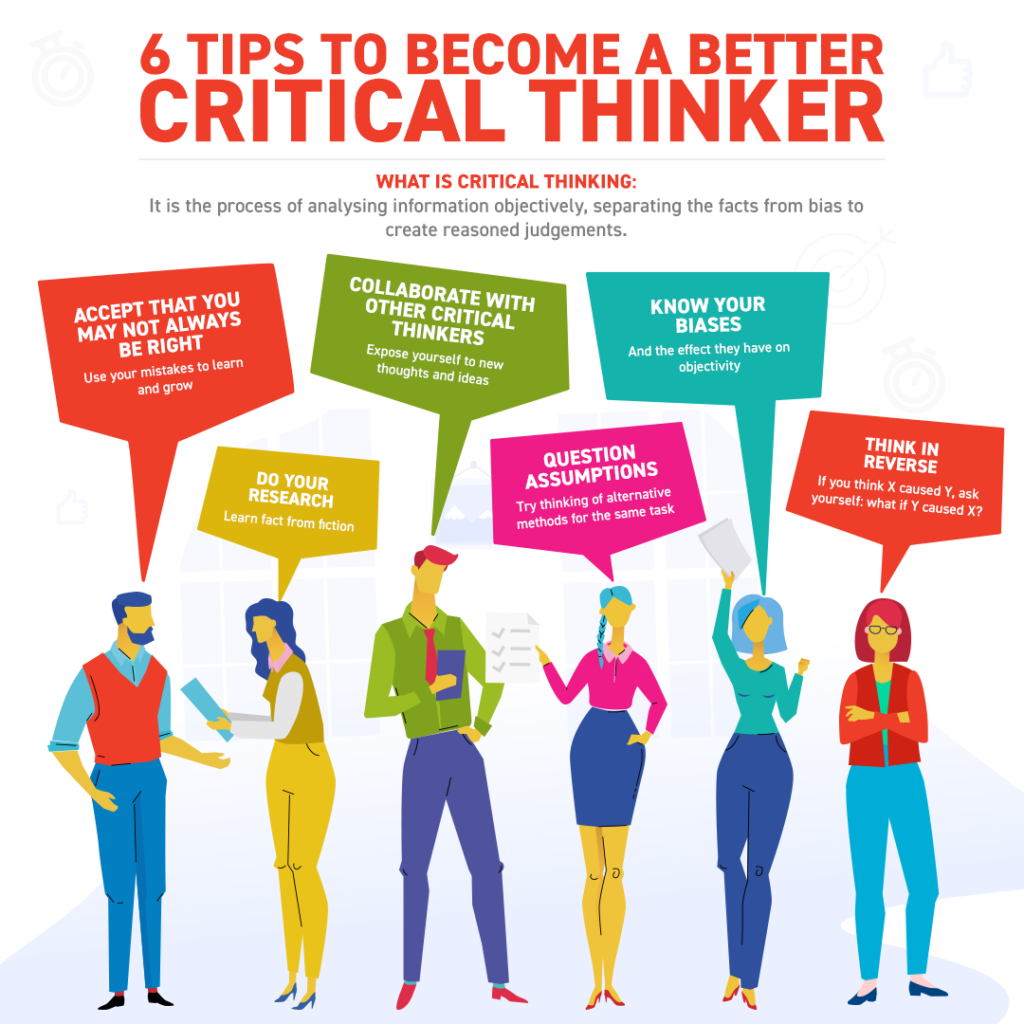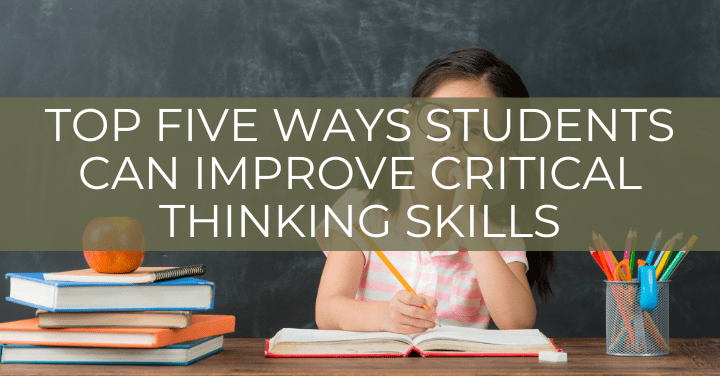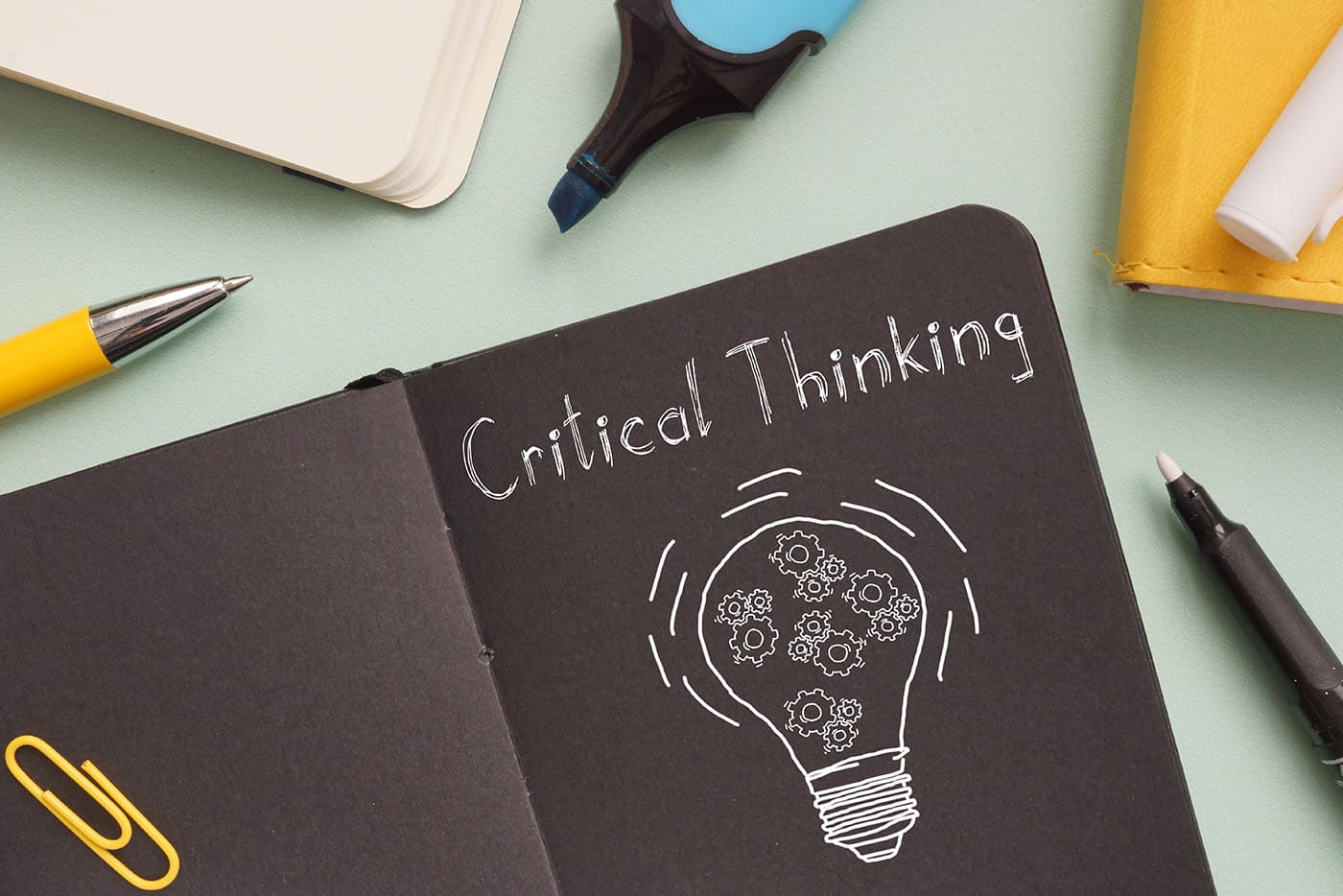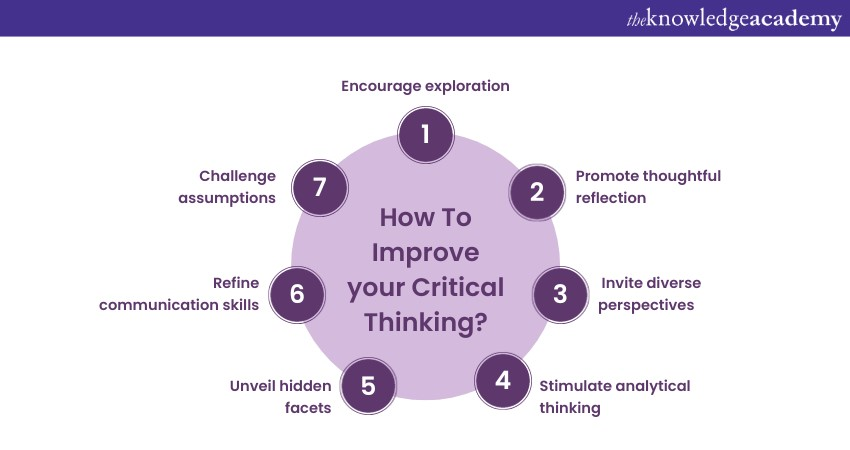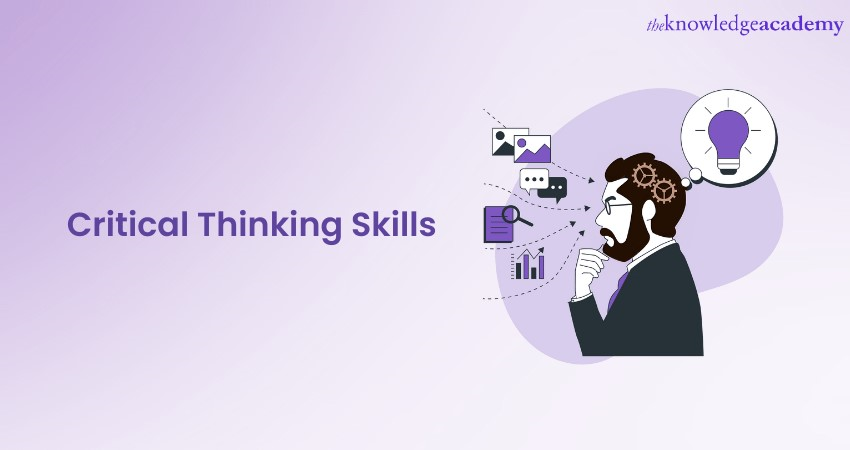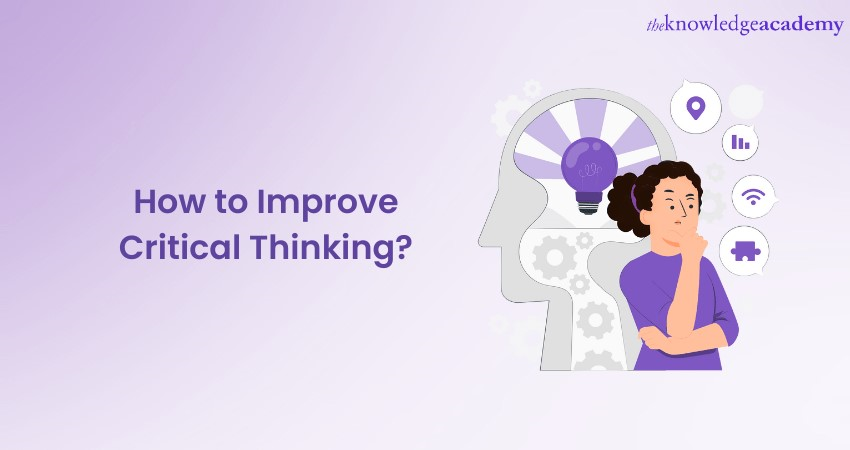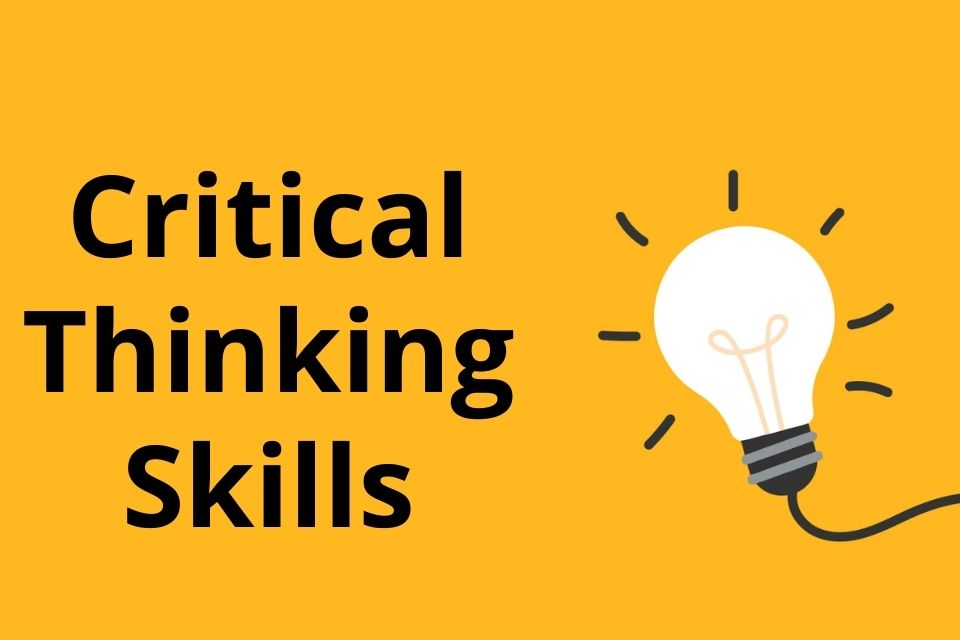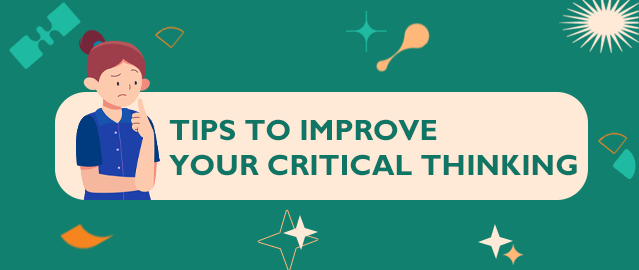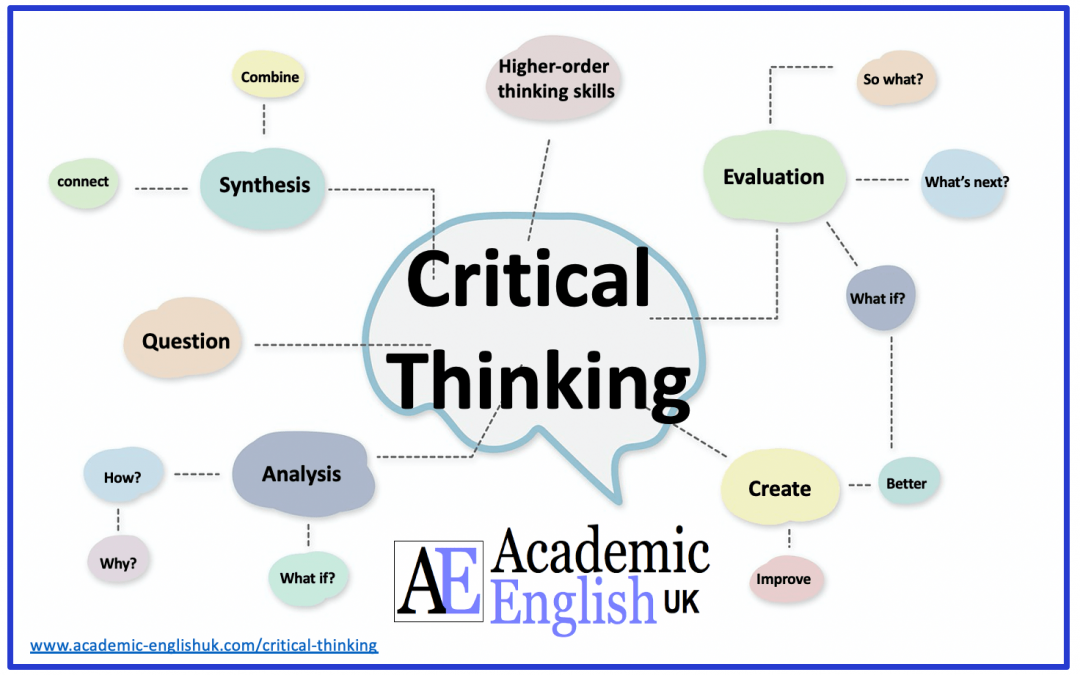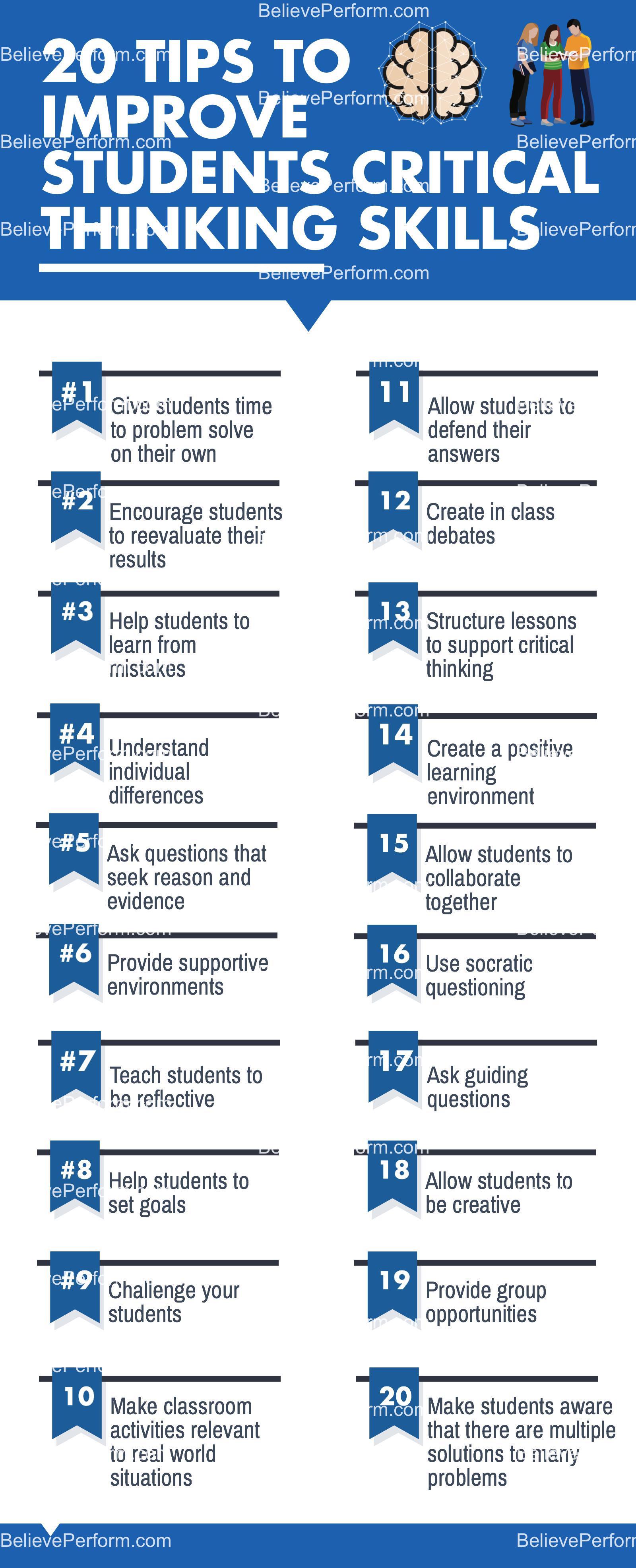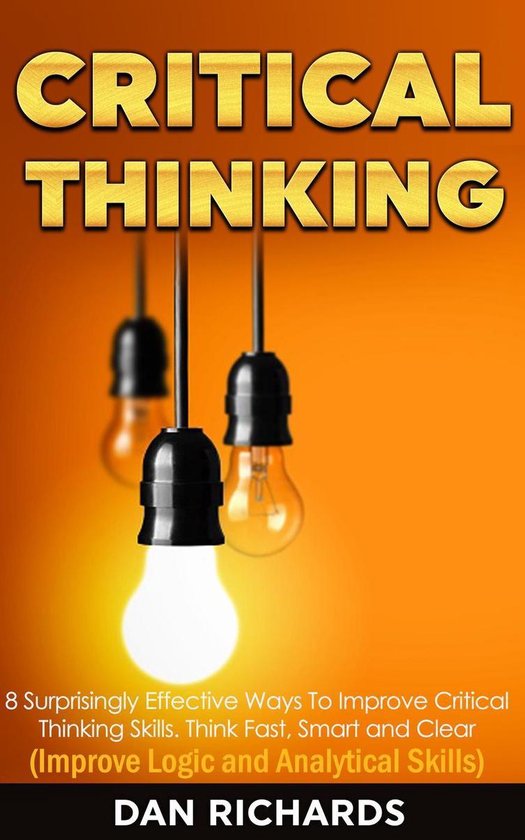Ways To Improve Critical Thinking Skills
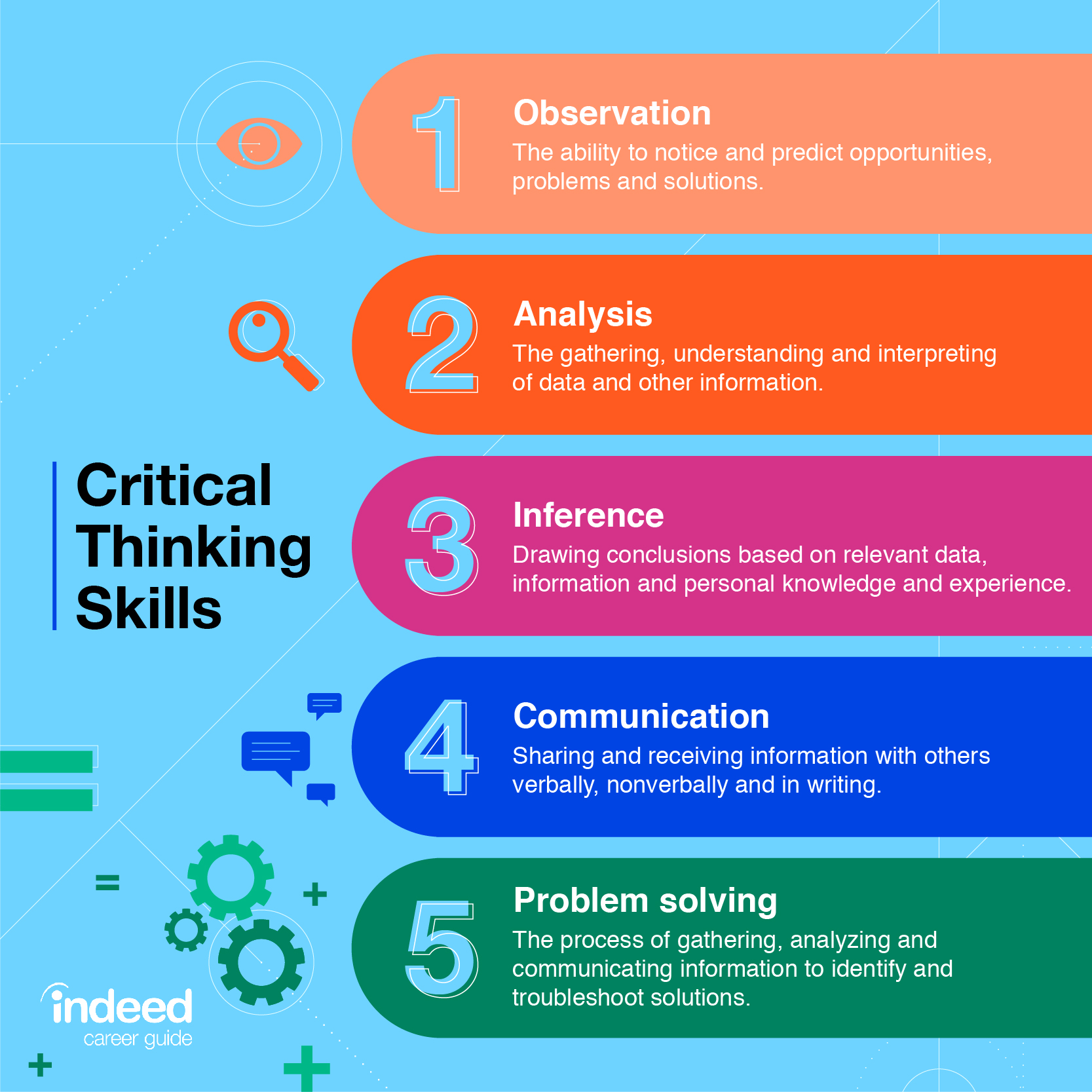
Sharpen your mind now! Critical thinking skills are more vital than ever in navigating today's complex world.
This article provides immediately actionable strategies to boost your critical thinking abilities, enhancing your decision-making and problem-solving prowess.
Understanding Critical Thinking
Critical thinking involves analyzing information objectively and forming reasoned judgments. It's about questioning assumptions, identifying biases, and evaluating evidence before drawing conclusions.
According to a 2016 report by the World Economic Forum, critical thinking is a core skill for the future workforce.
Practical Strategies for Improvement
1. Ask Powerful Questions
Cultivate a habit of asking "why" and "how." Probe beneath surface-level information.
Challenge the status quo. Frame questions that demand deeper analysis and consideration of different perspectives.
2. Analyze Information Objectively
Actively seek out diverse viewpoints. Avoid confirmation bias, which is the tendency to favor information that confirms existing beliefs.
Evaluate the credibility of sources. Fact-checking is crucial in separating reliable information from misinformation, with resources like Snopes and PolitiFact readily available.
3. Practice Active Listening
Pay close attention to what others are saying. Focus on understanding their arguments fully before forming your response.
Summarize the speaker's points to ensure comprehension. This demonstrates engagement and helps clarify potential misunderstandings.
4. Engage in Thoughtful Debate
Participate in discussions with individuals who hold different opinions. This exposes you to new ideas and challenges your own assumptions.
Focus on respectful disagreement and logical argumentation. The goal is to learn and expand your understanding, not to "win" the debate.
5. Play Strategy Games
Games like chess, Sudoku, and even video games that require strategic thinking can significantly improve cognitive skills.
These games force you to anticipate consequences, plan ahead, and adapt to changing circumstances. All these skills are fundamental to critical thinking.
6. Read Widely and Critically
Expose yourself to a variety of subjects and viewpoints through reading. Don't just passively consume information.
Actively question the author's assumptions and arguments. Consider alternative interpretations and look for evidence to support or refute their claims.
7. Embrace Lifelong Learning
Commit to continuously expanding your knowledge and skills. This keeps your mind sharp and adaptable.
Consider taking courses, attending workshops, or pursuing self-directed learning opportunities. Many online platforms, such as Coursera and edX, offer courses specifically designed to improve critical thinking skills.
Why It Matters Now
In an era of information overload and rapid change, critical thinking is essential for making informed decisions.
From evaluating news articles to solving complex problems at work, these skills are crucial for success in both personal and professional life.
Next Steps
Start implementing these strategies today. Begin by consciously questioning the information you encounter.
Seek out opportunities to engage in thoughtful discussions and challenge your own assumptions. Your ability to think critically will become your biggest asset.

